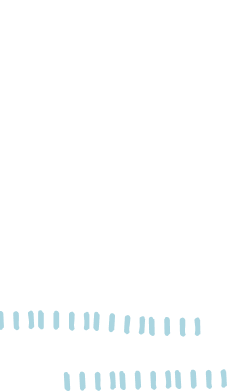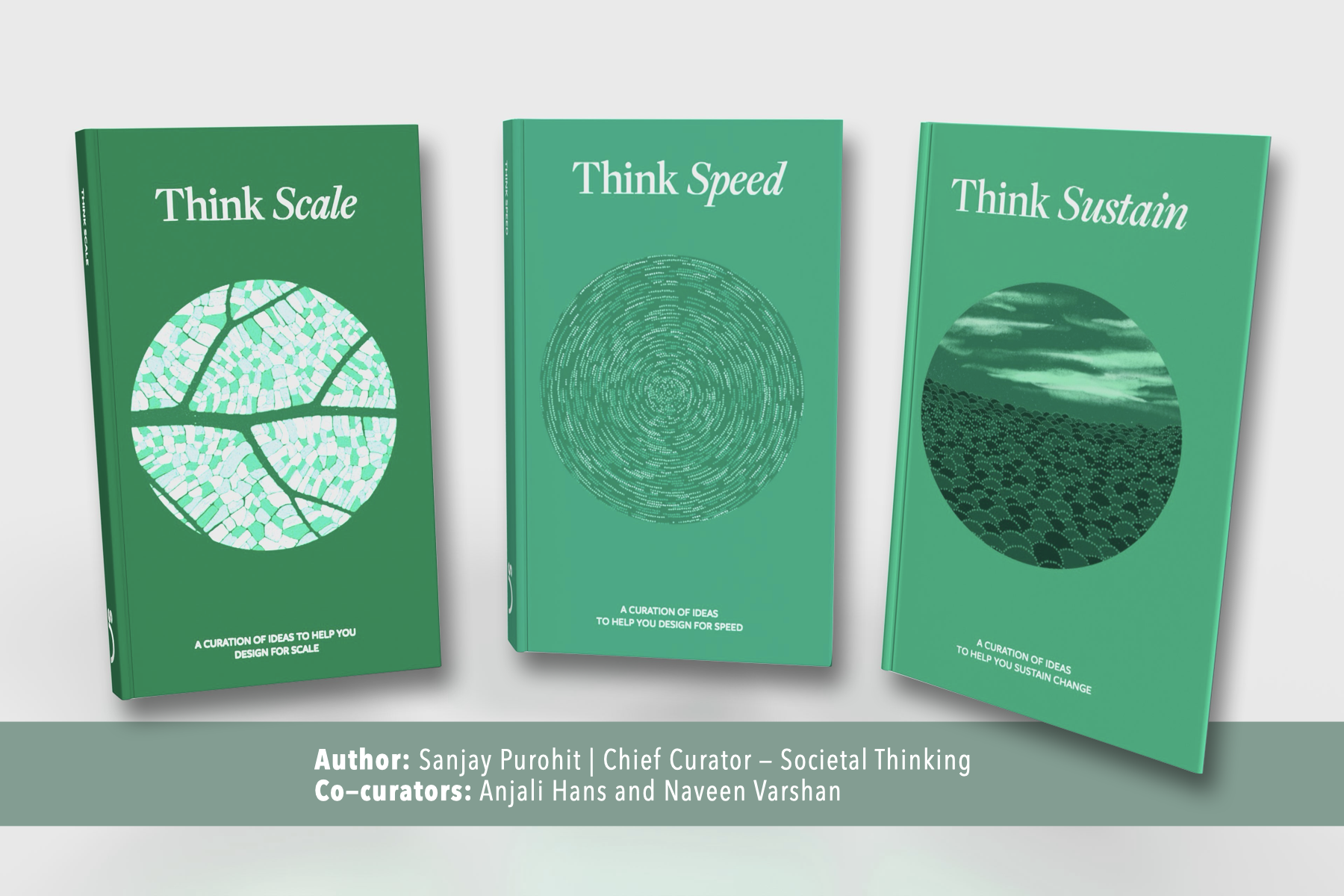A young mother of two lost her life at 43 because of Hepatitis C, not because the disease she was grappling with had no treatment, but because the health worker in her village didn’t know how to treat it. Cases such as this led Dr. Sanjeev Arora to design a healthcare delivery model called Project ECHO (Extension for Community Health Outcomes) in 2003. The guiding principle of ECHO is that right knowledge at the right place and right time can help save and transform lives.
At the heart of the ECHO model is a learning framework that they call “all teach, all learn.” It connects providers in underserved communities (“spokes”) with teams of specialists and experts at regional, national, and global centres (the “hub”). Community healthcare providers bring the understanding of problems on the ground, specialists bring the ways to solve them and ECHO catalyses this interaction. The model has spread to more than 9,000 cities in 180 countries and has been effective in expanding the reach of medical care to underserved areas.
In 2019, Project ECHO set a vision of improving the lives of 1 billion people around the world by December 2025. While the existing ECHO Model™ was powerful at its core, its methods of replication and partner support were not sufficient to help them reach this goal. ECHO is now designing a Societal Platform, iECHO, that can transform their ability to scale.
iECHO will be a cloud-based, multilingual cross-device platform. By design, the platform will allow for increased active participation and build a community of practice for the ECHO movement, as well as, amplify the impact of the ECHO model to reach last-mile users.
Dr. Sanjeev Arora sat down with us to talk about the ECHO model and the building of their Societal Platform, iECHO.
1) Can you tell us how the ECHO model works?
Medical knowledge currently doubles every few months, yet it typically takes 17 years for that knowledge to reach the last mile, even in high-resource settings. That can change with ECHO.
During an ECHO session, participants present real cases to the specialists—and each other—for discussion and recommendations. The sessions help local workers gain the expertise required to provide healthcare services and help specialists learn new ways to apply their knowledge across diverse cultural and geographical contexts. As a result, everyone learns from each other.

2) What was ECHO’s approach to growing the program and why a platform approach now?
Once we saw impact in our work with Hepatitis C and were evaluated by prestigious journals like The New England Journal of Medicine, we realised that this model could be used for other curable diseases. We started replicating the model in many countries through partners. Today ECHO partners in 40 countries operate more than 860 ECHO networks, which have trained more than 140,000 professionals eager to learn best practices in their field.
Our audacious goal requires a model that has lower barriers to entry, is flexible, easy to adopt, and can empower any partner who wants to use it for solving their contextual problems. Share on X3) What are the big changes this reimagination brought in your thinking?
Societal Thinking helped us re-imagine the ECHO model such that is quick, easy and has lower cost of launching and running programs.
First, we had to make a choice between building a movement versus building an organisation since these two outcomes will always be at loggerheads with each other. We chose to build a movement.
Second was the realisation that we need to invest in digital infrastructure, without it we can’t reach a billion people.
The third big change is to build an ECHO that allows people to co-create based on their needs. It lets them create a version of ECHO that they need and not what the ECHO team can bring to them.
Fourth is to think of how ECHO can catalyse interaction: in a session, outside a session, through a variety of content and for a large number of participants.
Together, these learnings gave shape to iECHO.
4) How is iECHO different from the traditional ECHO model?
iECHO is designed be a free, open source platform that will:
- Eliminate barriers to entry into the ECHO movement: Until 2019, ECHO participants had to travel to their hub locations like Albuquerque or New Delhi for in-person training and associated logistics and travel costs can be significant. iECHO combines online learning with key elements of the current high-touch training, to allow everyone to participate from where they are.
- Accelerate adoption and launch: iECHO will make it easier for new partners to get up-and-running quickly and cost-effectively. It will empower partners to inspire and onboard participants into their ECHO learning communities, run ECHO sessions, manage case-based and lecture content and measure attendance and interactions.
- Amplify the impact of existing network operations: iECHO is envisioned to be a one-stop environment that will offer tools for asynchronous communication, learning, discovery and social networking, much beyond the in-person sessions. Thousands of ECHO sessions will be recorded, transcribed, tagged and made searchable as an anytime resource for those seeking knowledge both within and outside ECHO.
- Empower champions and build community: Project ECHO is a network of highly motivated experts and practitioners who go to great lengths to serve their communities as champions. iECHO will empower these members with data, connections and a platform on which to share their accomplishments and impact. It will support the sharing of ECHO stories, key to amplifying the work of partners.
- Enable Data based decisions: iECHO will help partners measure the impact of their programs, by providing data and the tools to analyse participation and interaction quality. Data could give insights on where value is created, and encourage replication of successful interactions across the movement.
5) So what’s the road ahead for iECHO?
iECHO will be a step forward to equitable healthcare for all. A big task ahead is to bring a variety of practitioners on this platform from around the globe. Not just that, our experience shows that the ECHO model can be re-applied to solve problems in Education, Civic Engagement, etc. So, we have to find other change leaders who can take this open platform and repurpose it for solving such problems.

Learn more about Societal Thinking here.
 Back
Back


